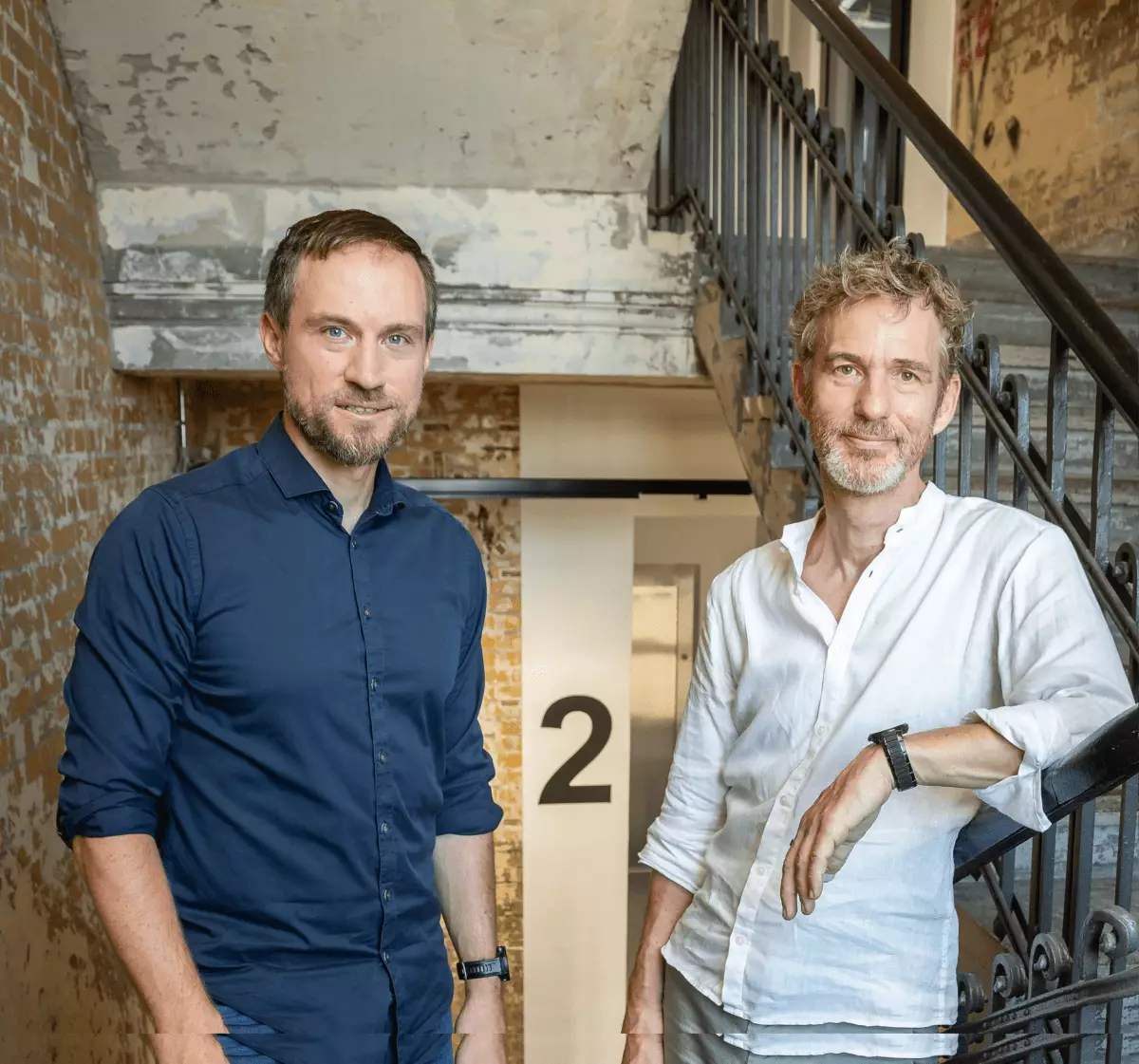Over the years, Babbel has solidified its reputation as a leading language learning platform based in Berlin. As the company navigates the complexities of a fast-paced digital world, a significant leadership change has taken place. Arne Schepker, who served as CEO for nearly five years, has resigned from his role, paving the way for co-founder Markus Witte to re-enter the forefront of the organization during this transformative time. This leadership shake-up signals not just a change at the helm but the onset of a new phase heavily focused on the integration of artificial intelligence (AI).
Markus Witte has transitioned from co-founder to executive chairman and managing director, maintaining a delicate balance of leadership while the company seeks a permanent CEO. Schepker’s decision to step down is rooted in a profound realization about the level of commitment required for such a demanding role. He expressed a lack of enthusiasm for the repetitive tasks of corporate planning and budget setting, preferring to leave the company at a moment he deems auspicious. His choice reflects a broader theme in the companies of today: the necessity for passionate and engaged leadership that can adapt to evolving challenges.
During Schepker’s time, Babbel blossomed, increasing its revenue sixfold to approximately $300 million. He emphasized that one of his proudest achievements was Babbel’s ability to support learners during the pandemic, offering free resources to students and Ukrainian refugees alike. This demonstrates that while financial metrics are crucial, the human aspect of corporate impact can yield intangible yet valuable rewards that resonate beyond profit.
As Babbel moves into this new operational stage, Witte is keen on positioning the organization to leverage AI technologies in enhancing language education. Despite Babbel’s existing incorporation of machine learning, the company has historically prioritized its relationships with educators and linguistic experts to craft authentic course material. With rapid advancements in AI, Witte recognizes an imperative shift in strategy. He articulated the need for heightened agility within the company, acknowledging that the broader tech landscape is unpredictable—even for those at the forefront of AI development.
This recognition of the dynamic nature of AI underscores the need for the company to be adaptable and innovative. With Witte’s background as a founder and significant shareholder, he is in a unique position to take calculated risks and adopt groundbreaking approaches to Babbel’s strategies, enhancing its strengths in language pedagogy while navigating the complexities of new technology.
At its core, Babbel’s mission addresses fundamental human interactions—the ability to communicate effectively across cultures and languages. Witte and Schepker both echoed the sentiment that language acquisition is not merely an academic pursuit; it’s about connecting with people on a personal level. As advancements in AI redefine what is possible in language learning, the challenge remains to ensure that those technological improvements serve to enrich the learning journey rather than overshadow the human experience.
The duo aims to utilize the collective knowledge amassed over the years alongside AI advancements to facilitate a more personalized and engaging language learning experience. Babbel intends not only to simplify the process but to truly revolutionize how users interact with language, making it feel less like a chore and more like an enjoyable journey.
Furthermore, Witte expressed a commitment to enhancing the work environment and experience for both employees and learners. The notion of “moments of delight” emphasizes creating enjoyable experiences throughout the learning process. In an age where many companies are obsessed with metrics and results, focusing on the joy of learning and employee satisfaction can yield long-term benefits for organizational culture and user engagement.
As Babbel forges ahead into this new era, the melding of fiercely principled leadership and technological innovation creates a fascinating narrative. The company stands on the cusp of significant evolution, one that embraces advanced tools while firmly rooting its priorities in human interaction. Both Witte’s strategic vision and Schepker’s accomplishments during his tenure will likely play pivotal roles in shaping the next chapter in Babbel’s journey to be a pioneer in language education. By marrying AI and humanistic values, Babbel is poised to redefine how we approach language learning in a rapidly changing world.

